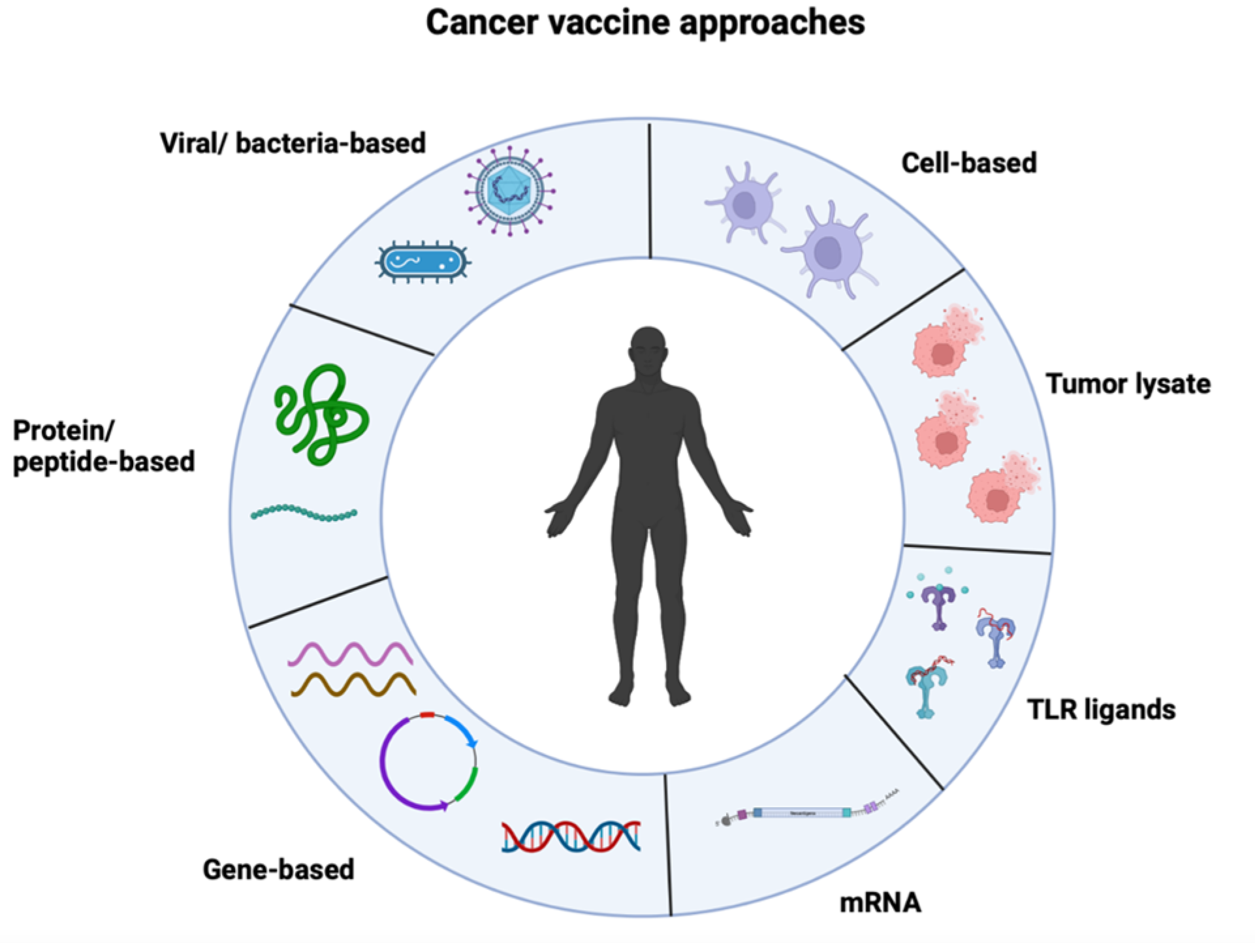Zimbabwe initiated a cholera vaccination campaign on Monday, aiming to immunize over 2 million people against the waterborne disease amidst a persistent outbreak that has claimed hundreds of lives since early last year.
According to health ministry statistics, cholera has caused 452 fatalities and infected a total of 20,446 individuals in the southern African country as of January 24, since the outbreak began in February 2023. Nearly half of the cases involve children.
UNICEF and the World Health Organization are providing Zimbabwe with a total of 2.3 million vaccine doses, intended for deployment in 29 of the most severely affected districts. Over 892,000 doses have already been dispatched, as confirmed by the health ministry.
The cholera vaccination campaign was inaugurated in Kuwadzana, a township situated approximately 15 km (9 miles) from central Harare. Health workers administered the initial vaccines to schoolchildren, and door-to-door efforts have commenced to offer vaccinations to households.
Cholera, transmitted through contaminated food or water, often prevails in densely populated urban areas with inadequate sanitation facilities. The vaccination campaign employs the Euvichol-Plus vaccine produced by EuBiologics, administered orally to provide protection against cholera infections for at least six months.
In November, the Zimbabwean government implemented restrictions on public gatherings, food vending, and burial monitoring in cholera-affected areas following a spike in cases. The introduction of the cholera vaccine is considered another crucial measure to prevent the further spread of the disease, according to the health ministry.
Global Cholera Concerns: In a global context, cholera has been experiencing a resurgence, prompting warnings from UN health experts. The World Health Organization (WHO) and UN Children’s Fund (UNICEF) noted that more countries are witnessing outbreaks, reporting increased case numbers, and observing worse outcomes for patients than a decade ago.
As of May last year, 24 countries had reported cholera cases, indicating a significant rise from the 15 countries reported the previous year. WHO data highlights the alarming mortality ratio associated with cholera, with certain countries, including Malawi and Nigeria, registering case fatality rates exceeding the acceptable one percent.
The combination of climate change, insufficient investment in water, sanitation, and hygiene services, along with armed conflicts in some instances, contributes to the disease’s resurgence, as stated by the two UN agencies. The Southeastern African region, including Malawi, Mozambique, South Africa, Tanzania, Zambia, and Zimbabwe, has been particularly affected, exacerbated by disruptions caused by Cyclone Freddy in February and March.



